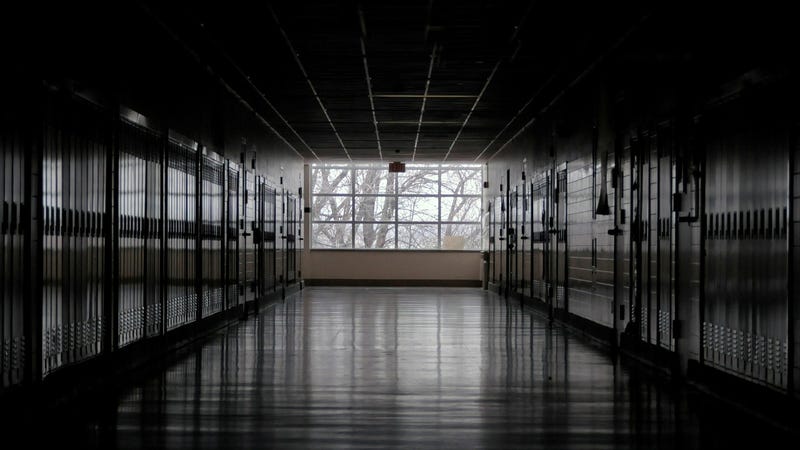
SOUTH JERSEY (KYW Newsradio) — New Jersey teachers are not required by law to inform parents if a student is placed into a so-called quiet room, an isolation space for when someone is acting aggressively at school.
A bill in the New Jersey State Legislature has been written to reverse that, but advocates for people with special needs say even that legislation is not enough.
Quiet rooms or isolation closets are usually small, padded spaces used in case of a behavioral emergency, often for children with disabilities. They have been outlawed in several other states like Pennsylvania.
State Sen. Vin Gopal, D-Ocean Township, said he’s heard of these rooms being abused by some teachers and used to lock up students for relatively minor infractions “such as refusing to do an assignment, fighting with classmates or taking off their shoes."
Gopal said his bill would require parental notification and for the school to provide a reason for using the quiet room. This data will then be collected and analyzed.
“New Jersey also doesn’t collect data or make publicly available the district use of restraint and seclusion, so it’s hard to know how many schools are actually implementing this law and how many students are affected,” said Gopal.
State Sen. Kristin Corrado, R-Totowa, is a bill co-sponsor. She said data collection is also part of the legislation because the state needs to know more about what’s happening.
“If we find out that the incidents are as high as we think they are, of children being locked away in the quiet room, then looking forward to alternatives and maybe even stopping it,” she said.
Arc of New Jersey Executive Director Thomas Baffuto said the data collection is a step in the right direction.
“The information will help guide us and guide the state on where more training may be beneficial for education professionals,” Baffuto said. “It will sort of shine a light on where there’s an overreliance on restraint and seclusion.”
He says parental notification is non-negotiable and the very least schools can do.
But advocates for people with disabilities say these rooms are never appropriate and are being overused for minor incidents.
Peg Kinsell, policy director at SPAN Parent Advocacy Network, said no child should be sent to a “penalty box'' like this, but parental notification is an absolute must if that happens.
“I would also appreciate everyone remembering that students with disabilities are the same as every other kid. They have little hearts. They have little souls. They have fears,” Kinsell said.
Baffuto and Kinsell support a national ban on seclusion rooms that has been proposed in Congress.
The proposed bill was written after a NJ.com report showed more than 1,100 students were placed in isolation between 2011 and 2017. The report also says that 91% of students put in seclusion in 2017 were people with disabilities, and 44% of students in seclusion that year were Black, even as they were only 15% of the state’s student body.



